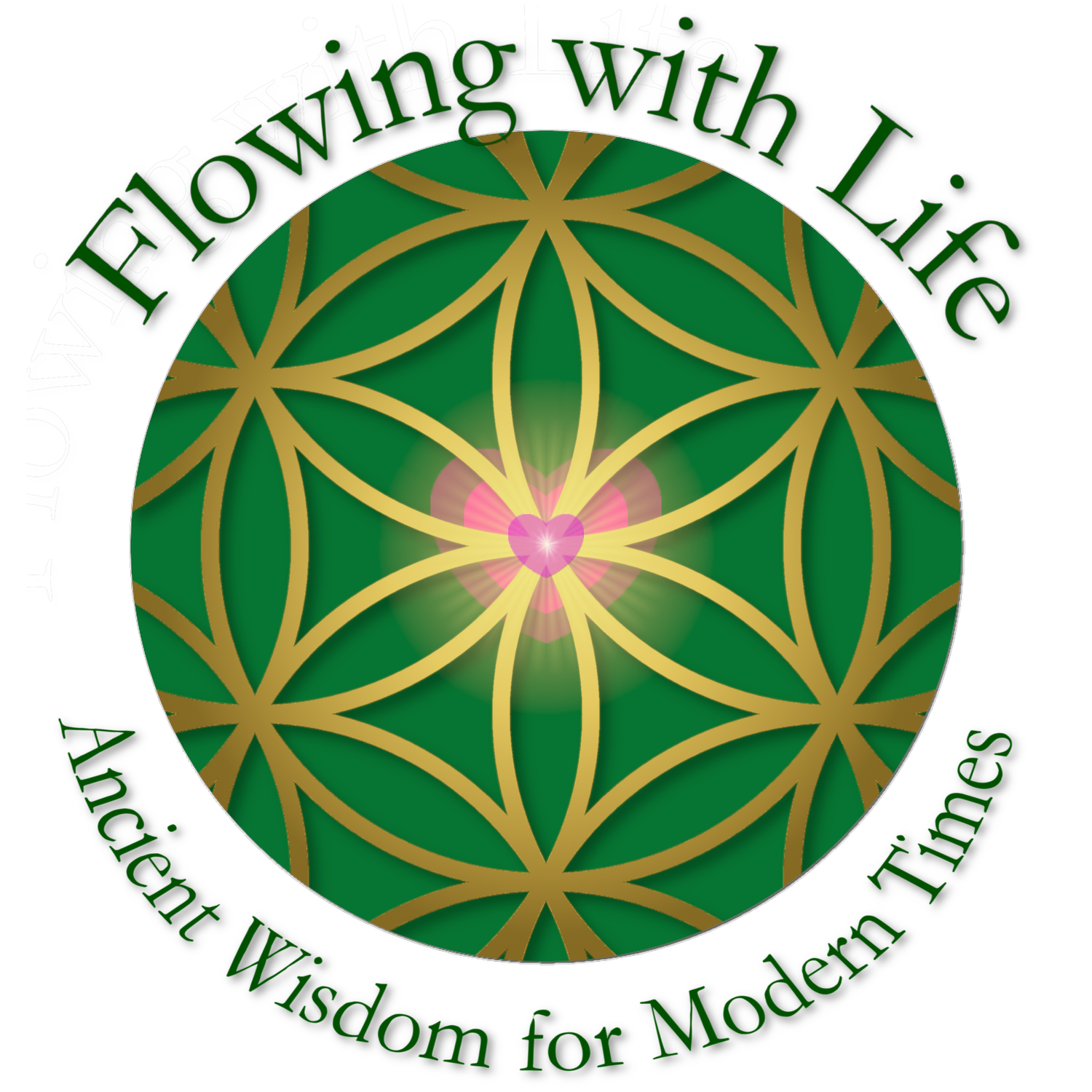Who Needs War?
Twenty years ago when so many of us were protesting against the looming invasion of Iraq by US/UK forces, a group of us in Edinburgh produced a leaflet with the title ‘Who Needs War?’ Of course, we were thinking of those who profit from war in various ways. Whether politicians who want to look ‘strong’ and able to ‘defend’ the nation or corporations who depend on oil flowing in Southwest Asia or those who make vast sums from the production of weapons, we were pointing our fingers at others.
Looking back, I wonder if in accusing others, we might have been ignoring something about ourselves…
There is a teaching that when we point one finger at someone, we have three fingers pointing back to ourselves. In our fierce opposition to war, were we not in a way declaring war upon war? I cannot speak for the others in the collective who produced the flyer, but for myself I am aware that I greatly relished being right about war being wrong. I was heart-broken and furious about the devastation caused by war and hurting deeply from my own experience of growing up in a culture of war. But I certainly did not wish to sit with those feelings, to honour them, understand them and release them. No, I was an angry young man who was mostly in denial about being angry. I just wanted to be right.
The desire to be right, like the desire to win, is one way to disconnect from others and from ourselves.
Available from our online bookshop or from your local independent bookseller.
In her now classic novel, The Left Hand of Darkness, the wise revolutionary Ursula K Le Guin wrote ‘To oppose something is to maintain it… To be sure, if you turn your back on [something] and walk away from it, you are still on the [same] road. To oppose vulgarity is inevitably to be vulgar. You must go somewhere else; you must have another goal; then you walk a different road.’ By being anti-war, I was defining myself in terms of war. In other words, I was one of the ones who needed war. I needed something to oppose to try to create a story of who I was. At the time, I couldn’t even see the possibility of another road…
The trouble is, identity based on opposition is shaky ground. In this story, we don’t know who we are, only what we don’t want to see, what we don’t want to be. And it encourages those who are perceived as being on the other side of the conflict to also reinforce their position. Just as in a battle. Both sides arm and armour themselves. And thus the cycle continues.
If we wish to see the end of war in the world, perhaps the answer is not to hate war. Not to oppose war. But instead to fall so deeply in love with peace that we no longer feed the pattern of war. Not even the wars within our own minds where we declare another (or some aspect of ourselves) to be an enemy. We could perhaps walk another road together. We could choose peace instead.
It can be helpful to recognise that conflict, drama and stress can be highly addictive. Why do you think so much of the media, including not only books and movies but also what is called ‘the news’, relies heavily on adrenaline-fuelled storylines? We could even say there is a Dis-ease Industrial Complex. Those of us who grew up in high stress environments can become so used to stress that we come to expect it and, oft-times, unwittingly generate it. It can be our comfort zone. But it’s not our growth zone. It’s peace that allows for growth. Real growth. Ease is a medicine that heals dis-ease. Peace is a medicine that heals the separation at the root of war, inequality and the like.
Available from our online bookshop
or from your local independent bookseller.
I’m grateful to Joy Harjo, reknowned poet of the Muscogee Creek Nation and three times Poet Laureate of the United States, for observing that relationships on all scales can change when we allow our hearts to open not only to others, but also to ourselves.
This Morning I Pray for My Enemies
And whom do I call my enemy?
An enemy must be worthy of engagement.
I turn in the direction of the sun and keep walking.
It’s the heart that asks the question, not my furious mind.
The heart is the smaller cousin of the sun.
It sees and knows everything.
It hears the gnashing even as it hears the blessing.
The door to the mind should only open from the heart.
An enemy who gets in, risks the danger of becoming a friend.
- Joy Harjo
‘The concept for I Pray for My Enemies began’ says Harjo, ‘with an urgent need to deal with discord, opposition. It could have been on a tribal, national or a personal level. I no longer remember. The urgency had a heartbeat and in any gathering of two or more, perhaps the whole planet, our hearts lean to entrainment – that is, to beat together.’
In these sad times where the horrors of war have returned to Southwest Asia, perhaps now is the time for our hearts to come together to beat in peace.
~ ~ ~
Joy Harjo’s poem ‘I Pray for My Enemies’ is included in the collection Conflict Resolution for Holy Beings (Norton, 2015) and the spoken word album I Pray for My Enemies (Mekko Records, 2021).
The quote about the album comes from her website.
Published by Bella Caledonia


